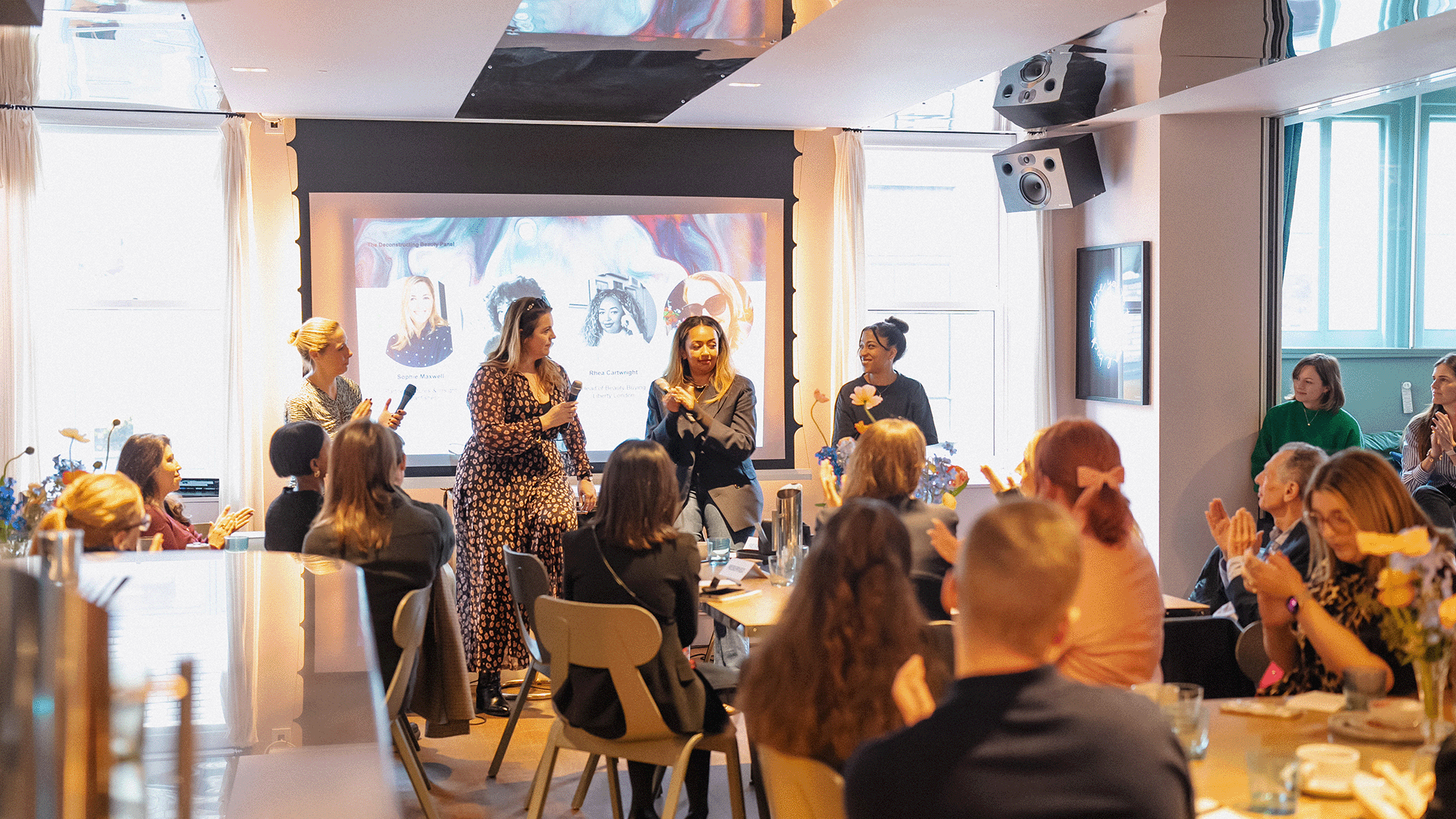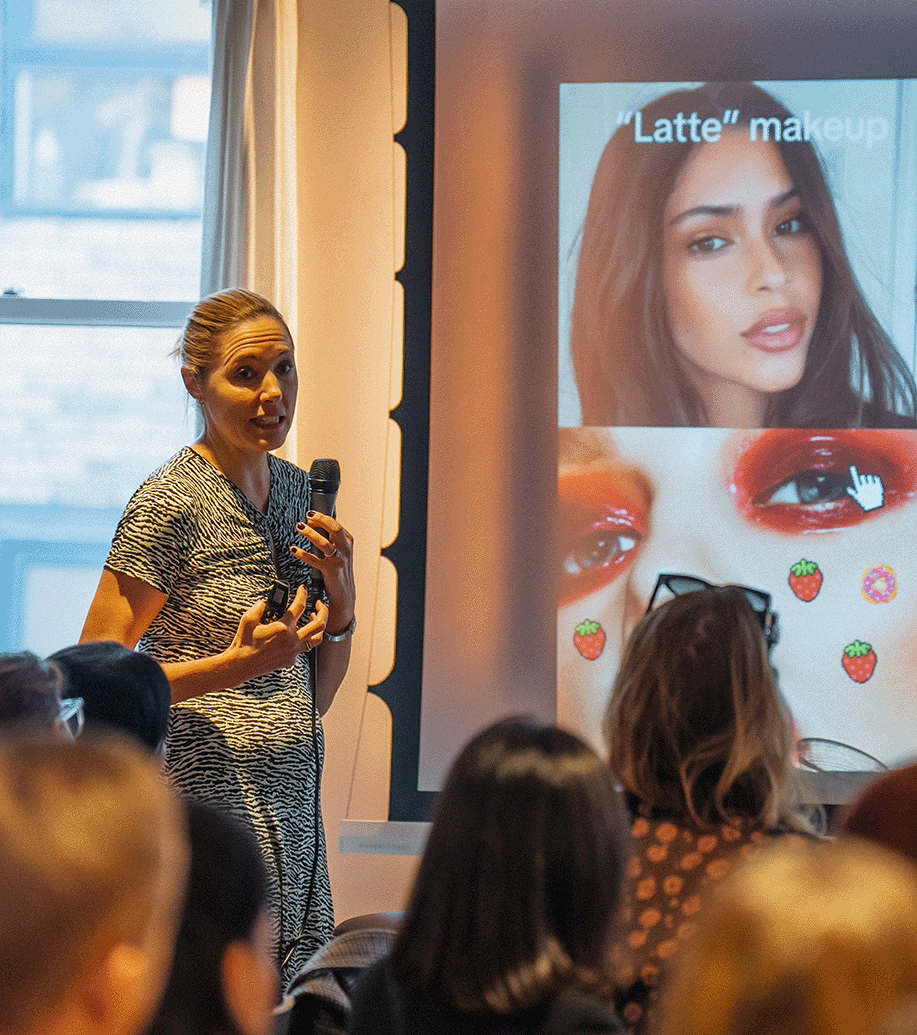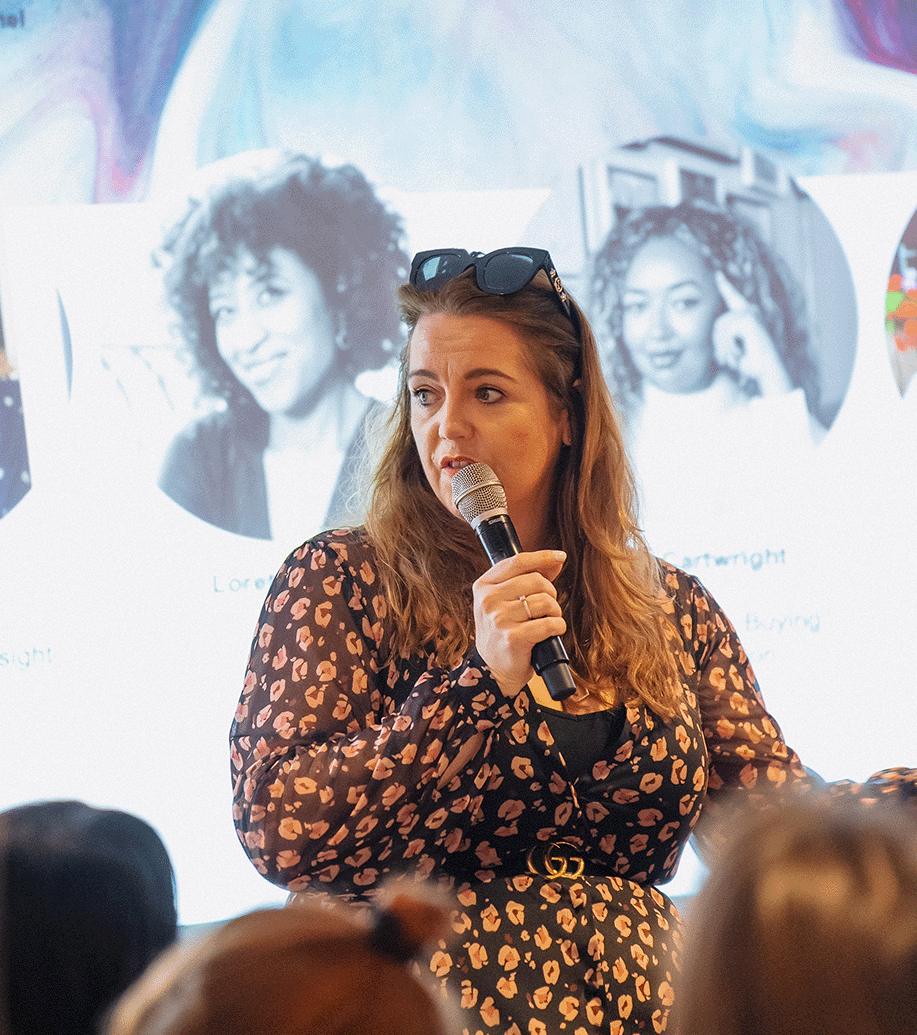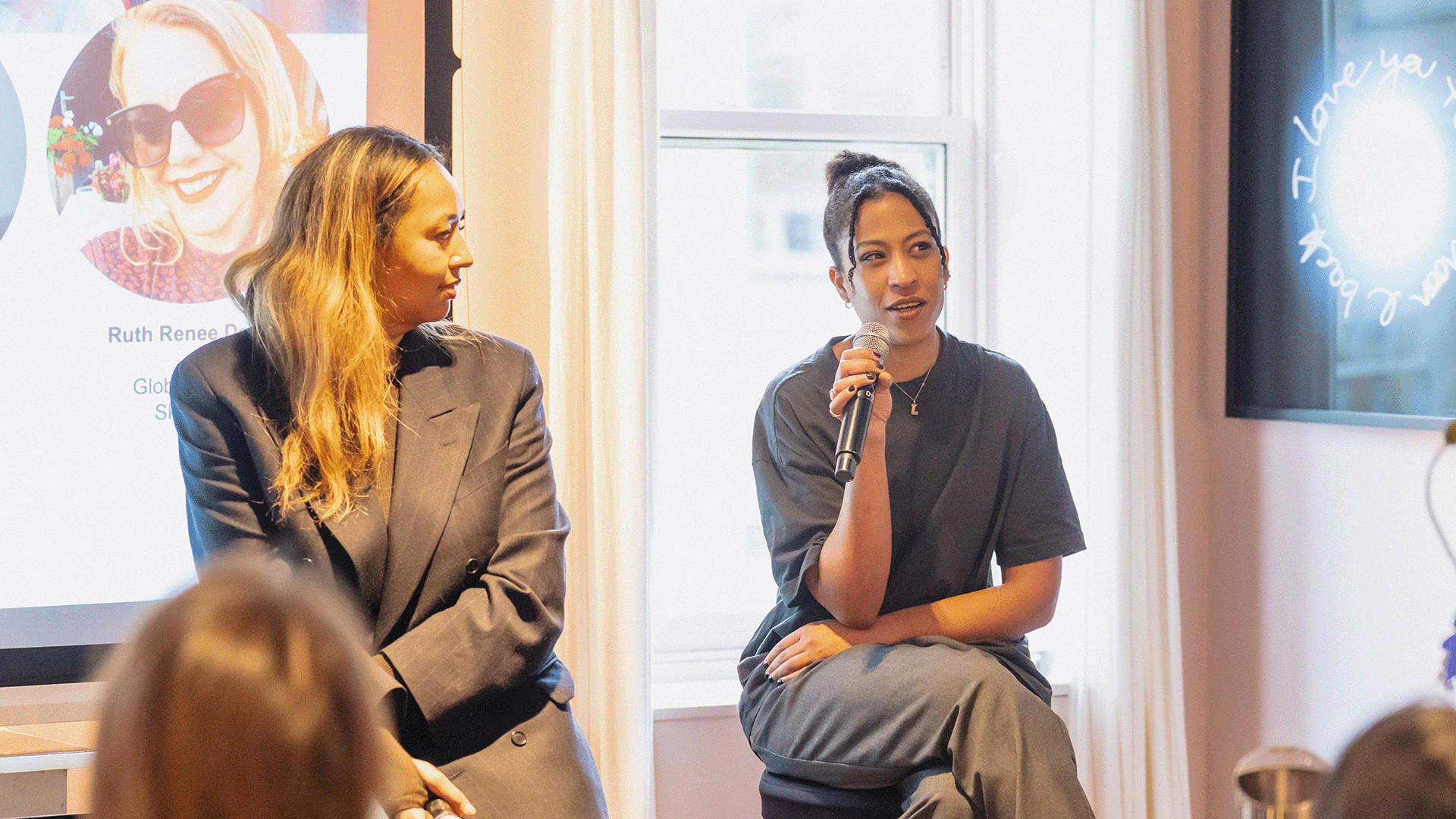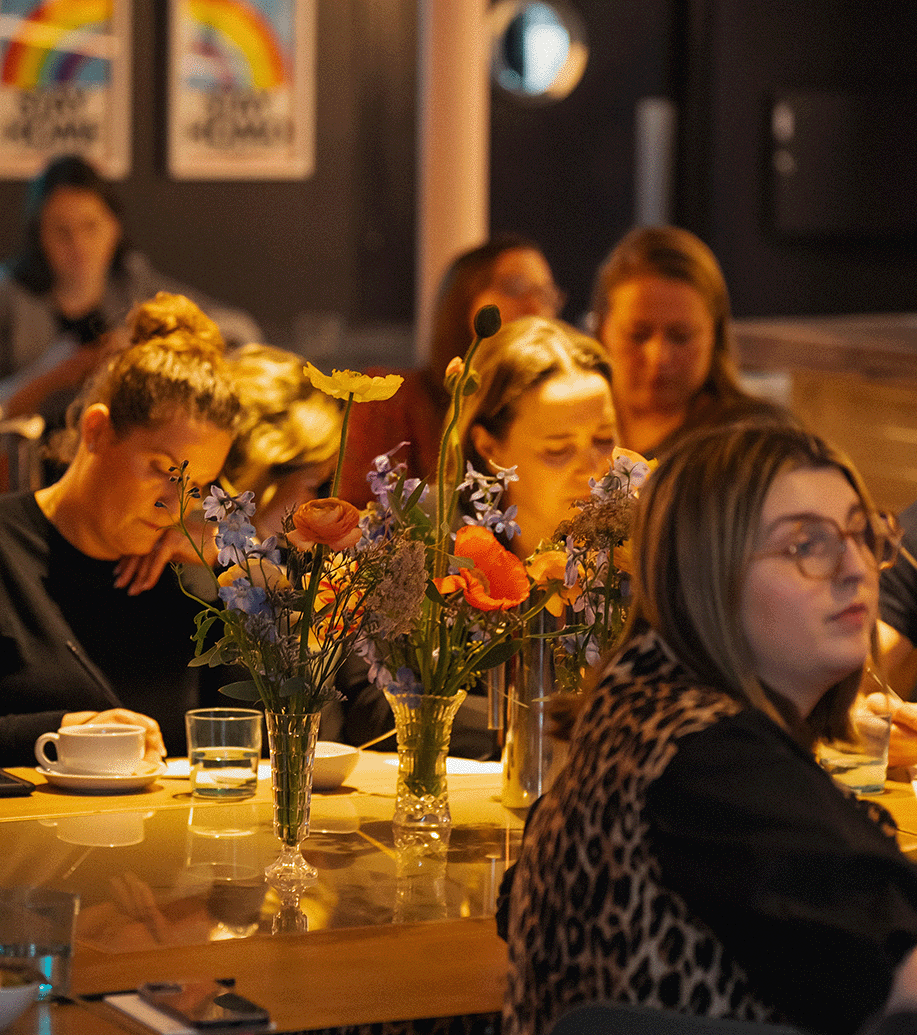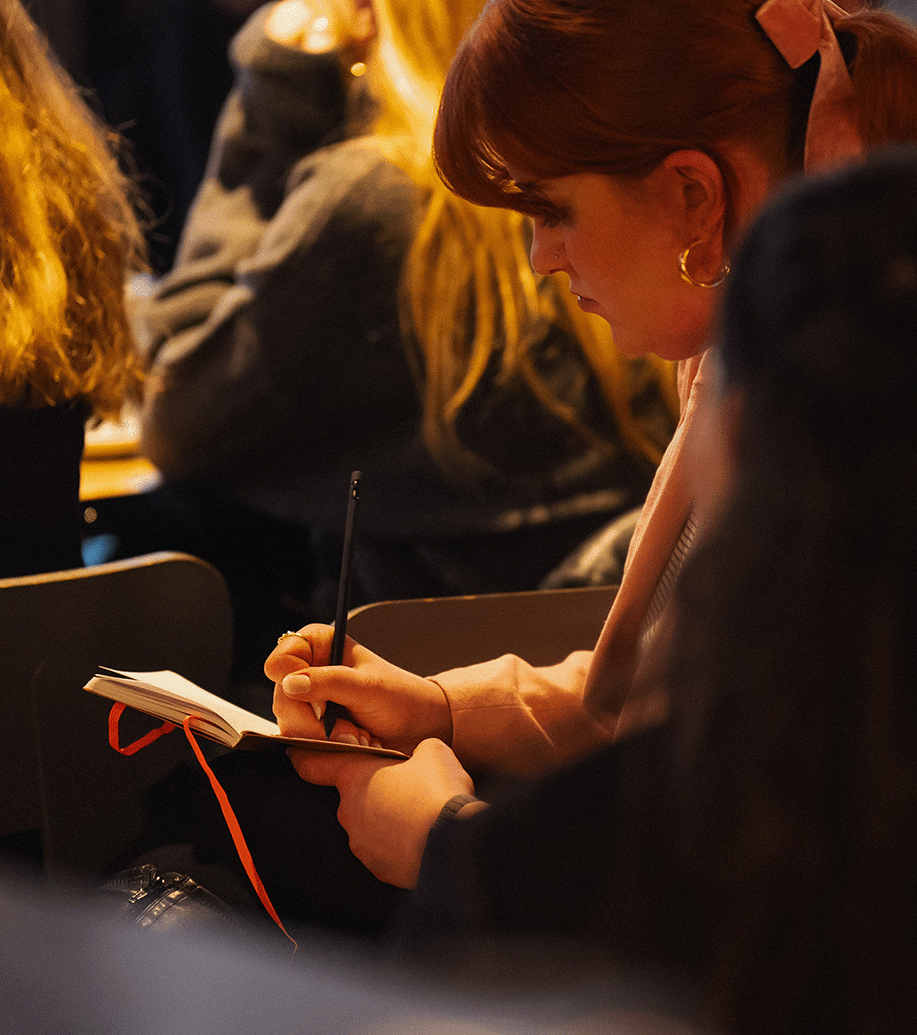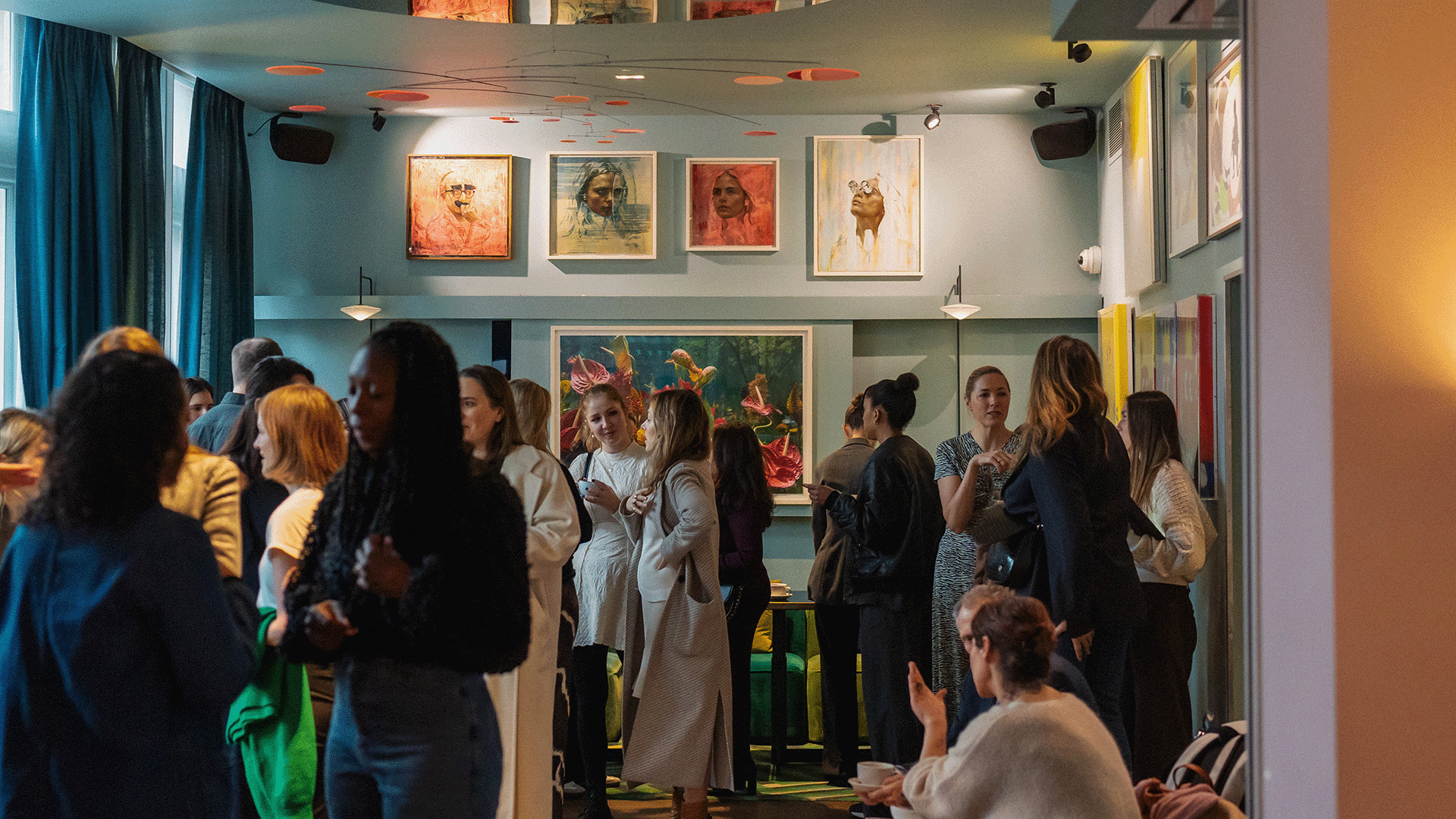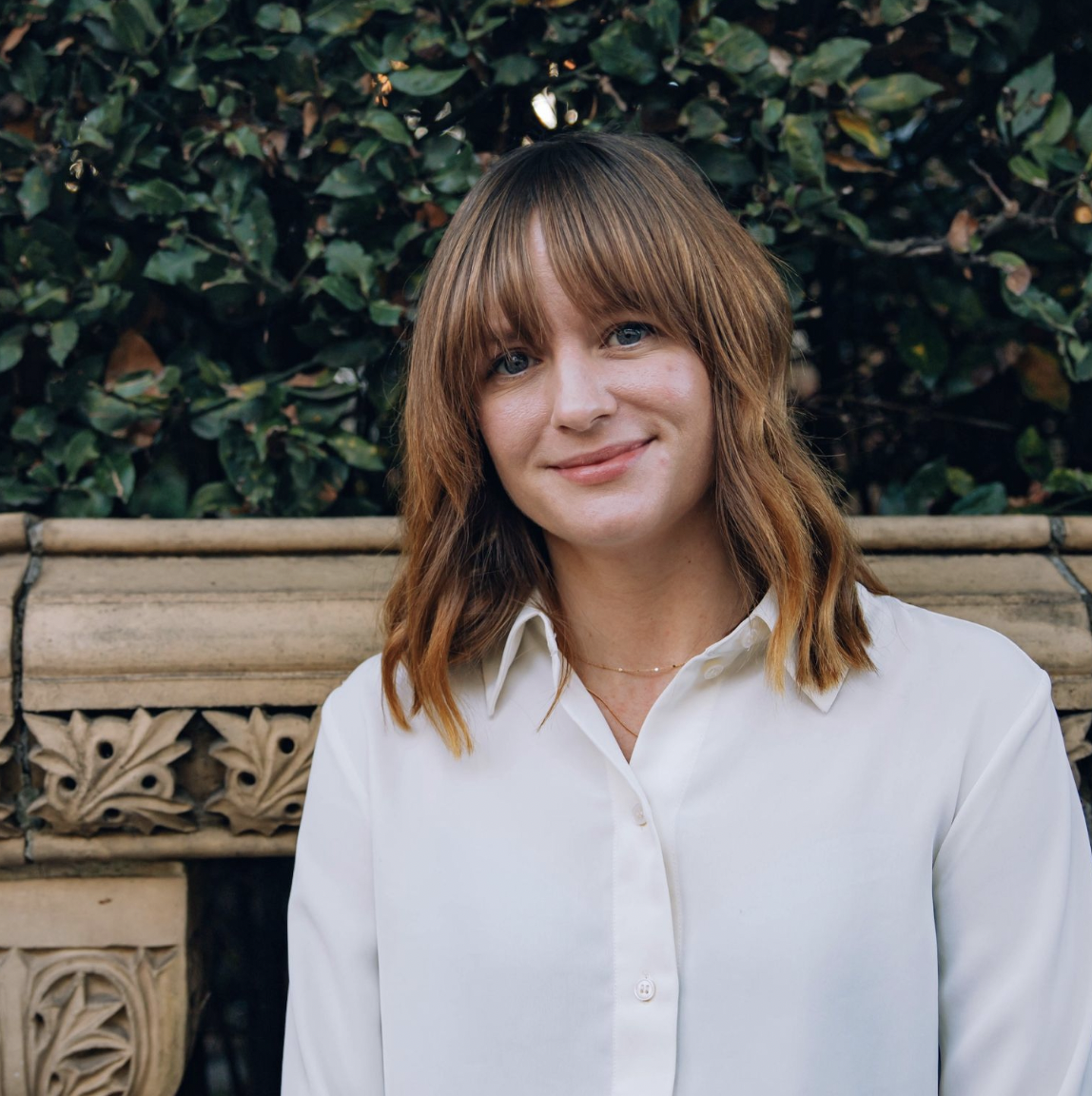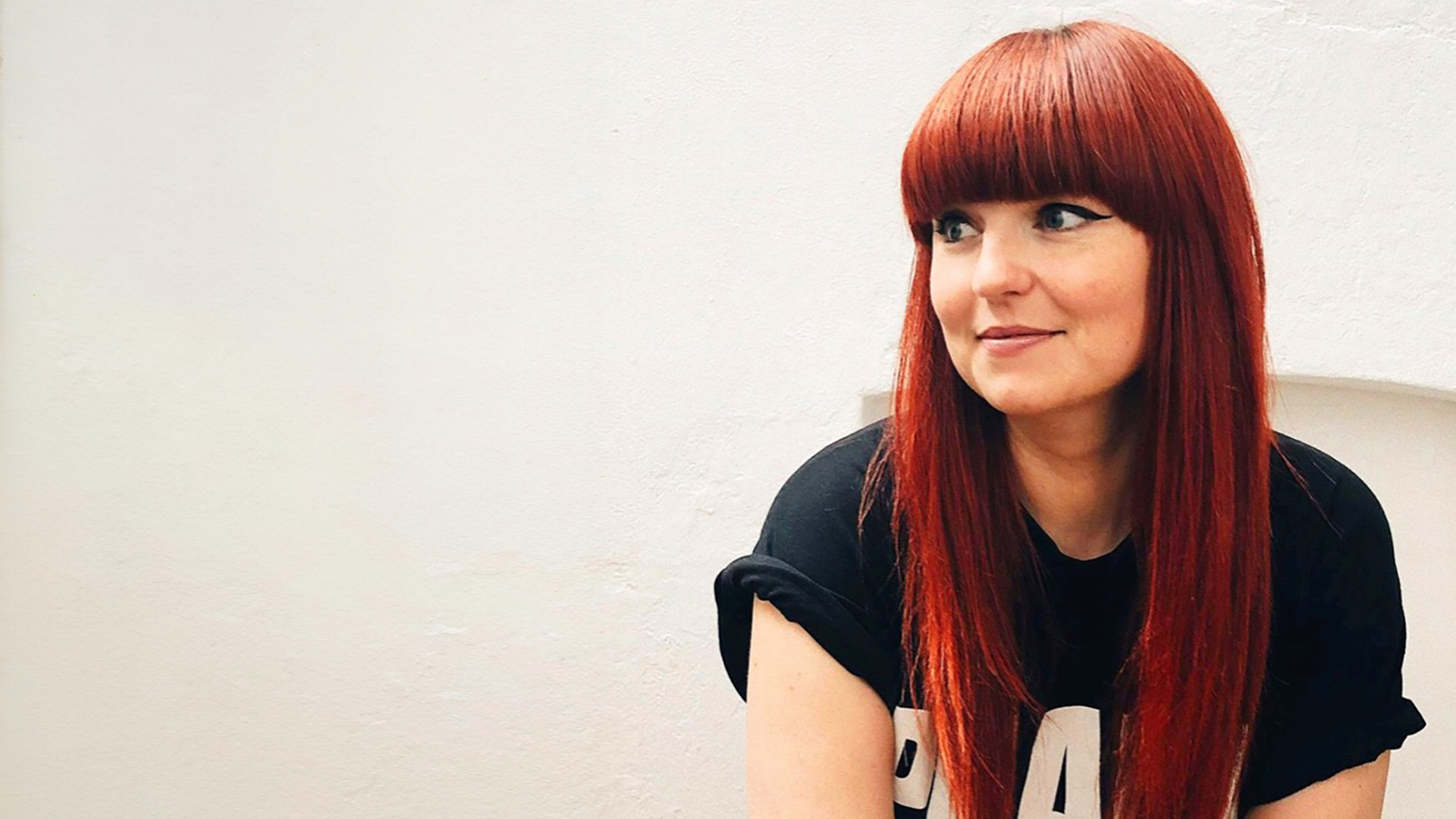This Wednesday, Pearlfisher hosted the second event in our Deconstructing panel series, aimed at decoding the ongoing shifts in categories relevant to the brands we work with. Having kicked off the series last year by delving into the luxury industry, for our second event, we turned our attention to beauty.
With the definition of beauty undergoing constant change, alongside a rapid turnover of global trends, shifting cultural philosophies and emerging subcultures, we wanted to explore whether beauty brands were still being built for longevity. At Pearlfisher, we believe that in a sector still accused of holding onto unattainable ideals – there are challengers and changemakers who are championing a more diverse, personalised, collective and empowered approach.
Our research led us to three important themes of change driving the beauty industry: Collective Empowerment – the future of beauty nurturing the needs of all; Regenerative Alliance – human interdependence with the natural world helping turn intention into action; and Limitless Transhumanism- technological innovations enabling greater personalisation and self-expression.
These themes inspired the framework for our Deconstructing Beauty panel, which gathered three influential members of the beauty industry to discuss the new drivers of desire shaping the future of their sector.
Our host, Sophie Maxwell Brown, Partner, Futures & Insight at Pearlfisher, was joined by Rhea Cartwright, Head of Beauty Buying at the iconic Liberty London; Loretta De Feo, Founder of game-changing haircare and body care brand Dizziak; and Ruth Renée De Leo, SVP Commercial/Retail and Global Director at the fast-growing prescriptive skincare brand, Skin + Me.
Discover our five key takeaways from the event, together with the panellists’ top insights, below.
1. Longevity for beauty brands requires a commitment to effective and reliable products and an ability to engage with trends in a meaningful way.
Loretta: The important thing for me from the start [of Dizziak] was to create a staple brand that could be trusted – a brand with longevity that people wanted to come back to, rather than one that had short-term hype. To do this, I concentrated on using ingredients that really worked in order to create a truly effective product. Even Dua Lipa, who’s our main investor, decided to back us because she tried the product and loved it.
Ruth: The most successful brands evolve from a hybrid mix of trends versus longevity. Importantly, they ask how a trend can evolve with them and how they can help shape that movement – but there needs to be a clear longevity proposition tied to customer service, building emotional connection with consumers, and developing the most effective products.
This is something Charlotte Tilbury still achieves to this day: because she’s such an expert in her field, she’s able to be a trend leader. She’s also focused on quality. The second iteration of ‘Pillow Talk’ was held back by six months because Charlotte didn’t feel the quality was good enough, which was a big commercial decision – but one that worked as it was taken for her customers.
Rhea: I don’t think many [brands] do [achieve longevity]. Often, it comes down to whether a brand is creating something that they truly want to stand the test of time. Dizziak is one of the brands that’s doing it well. What they’re doing still feels groundbreaking – and the brand feels timeless. I’m also a big fan of brands like Agent Nateur and Reome – with strong, expert female founders who have a large following they really speak to.
In terms of a successful brand’s approach to trends, it’s about using touches that work for what you’re building already and ensuring they align with your brand story on a deep level.
2. Greater diversity in senior level positions as well as open communication is critical to understanding and catering to a diverse consumer base.
Rhea: A small change done well can definitely make a big difference – but it’s not necessarily going to be an easy change. One of these small but effective changes is hiring, and this is still a big issue in beauty, luxury and fashion. 99% of the time in director meetings, I’m the only person of colour in the room. That’s shocking.
The better a brand can be in terms of understanding who they are speaking to is fundamental to success. Brands will have a more diverse base of consumers than they think, but senior directors need to go out in the field and learn about their customer base.
Talking about race makes people so deeply uncomfortable, and sometimes you have to surrender to this discomfort. When you see brands do this well, and they come out and get to the other side – the difference it makes to the customer and their experience, but also the commercial side, is huge.
3. Better collaboration between retailers and brands is needed in order to create viable solutions for commercial inclusivity.
Ruth: I think from the brand side, the challenge commercially is that the retailer is consistently measuring the productivity of products. There needs to be more collaboration between retailers and brands to try and understand what commercial inclusivity can look like.
Often, an inclusive idea isn’t commercially viable because you’re catering to a small market set – even if people have bought into the concept. We need to talk about the evolution of what success and inclusivity looks like for both retailer and brand. At the top level of brands, there’s no one pushing the dial.
4. When it comes to marketing across inclusivity and sustainability, transparency and authenticity is critical.
Loretta: After Black Lives Matter, so many hair brands were saying they were for all hair types. I even saw one major brand come out and claim they were ‘now for all hair types’ but then in small print, they stated ‘all the same formulas’. So how were they suddenly for all hair types? It felt really inauthentic; I would have preferred they hadn’t said anything at all.
In contrast, there’s another salon brand that – from day one of launching – has always had a very multicultural workforce. Recently, they started developing products from scratch to bleach black hair – and I thought that was a great move. You can see it’s really in with their brand, it’s not an add-on for them.
I don’t believe you can just suddenly hire a consultant, either. Bringing in someone for three weeks as if they can suddenly talk to all people with that hair type isn’t going to work: that’s just one person’s experience.
Rhea: Sustainability is a hard topic, full stop. Topics that aren’t sexy are always going to be challenging. There also seems to be a real lens on the beauty industry as opposed to others. Transparency is key. If a brand is currently 20% recycled packaging, what’s their five year plan? Change doesn’t need to be overnight, but it needs to be communicated – even just by making it clear on the packaging.
5. The most successful beauty brands will be those who drive the leading edge of innovation in personalisation to empower consumers.
Ruth: Amongst everything that we’ve spoken about, personalisation is what will really set brands apart. We are a long way from personalised skincare being the norm on a mass scale, but brands like Skin + Me have been able to do that because they’ve literally been able to build their own lab, and hire their own chemists and dermatologists.
There are three key aspects within personalisation. One is product, which encompasses inclusivity. The second is customer service, and this is where the tech comes in: AI and AR, for example, telling us exactly how to cater to a customer. Ingredients are the third aspect, and I’m learning so much about that at Skin + Me. Truly successful brands are those that will use all the tech that’s out there to create the best personal service and journey that could stand the test of time.
Rhea: Within beauty, especially, it’s important that the environment is welcoming in an industry that often isn’t. Affirmative beauty is about empowerment: making people feel seen, heard and valued. That’s my mission. And that’s ultimately what beauty is. It’s about the relationship with yourself when you’re getting ready in the morning. Whether that’s with a beautiful body lotion, a shower gel or a cleanser. It’s about how you feel when you’re wearing it.
If you have any questions about our Deconstructing event series or Pearlfisher’s design expertise in the beauty industry, please get in touch here.

